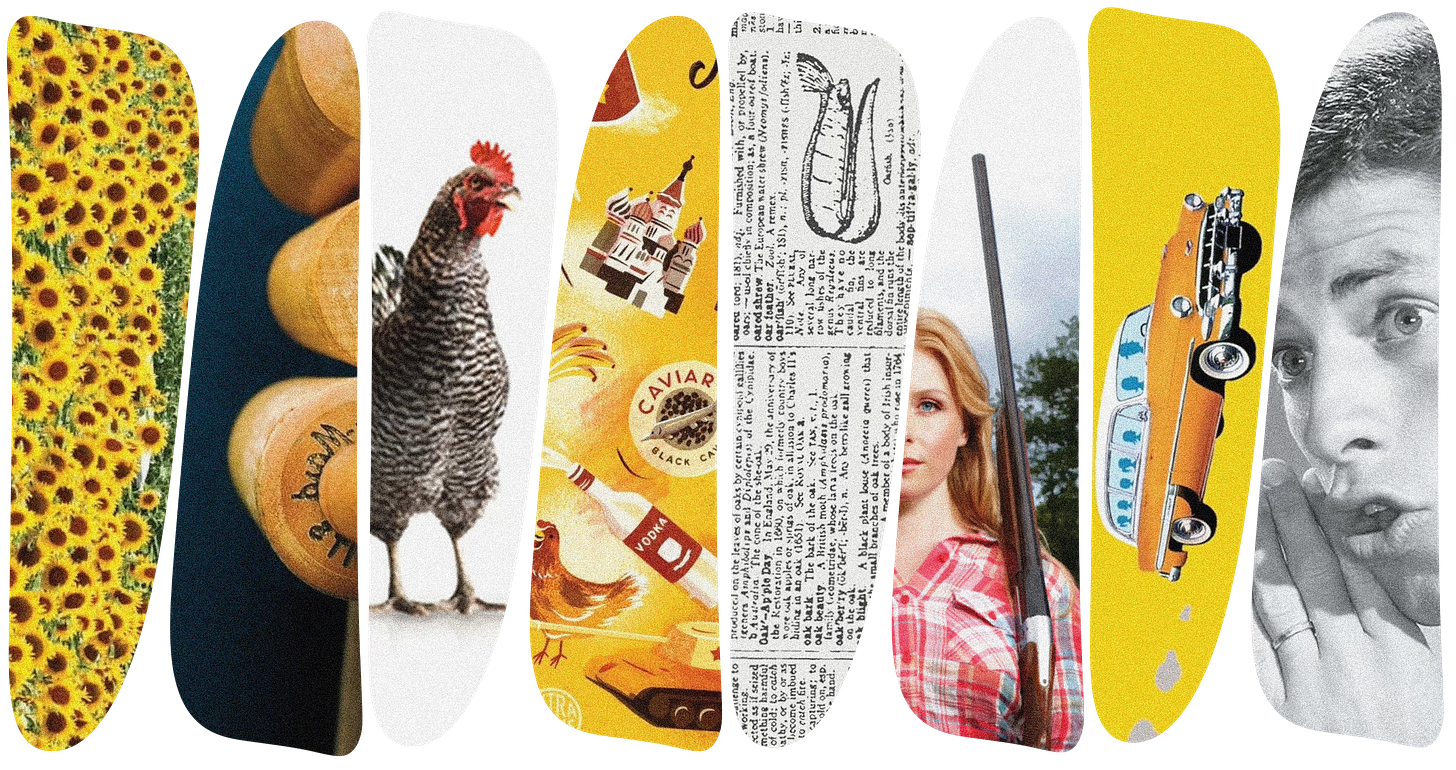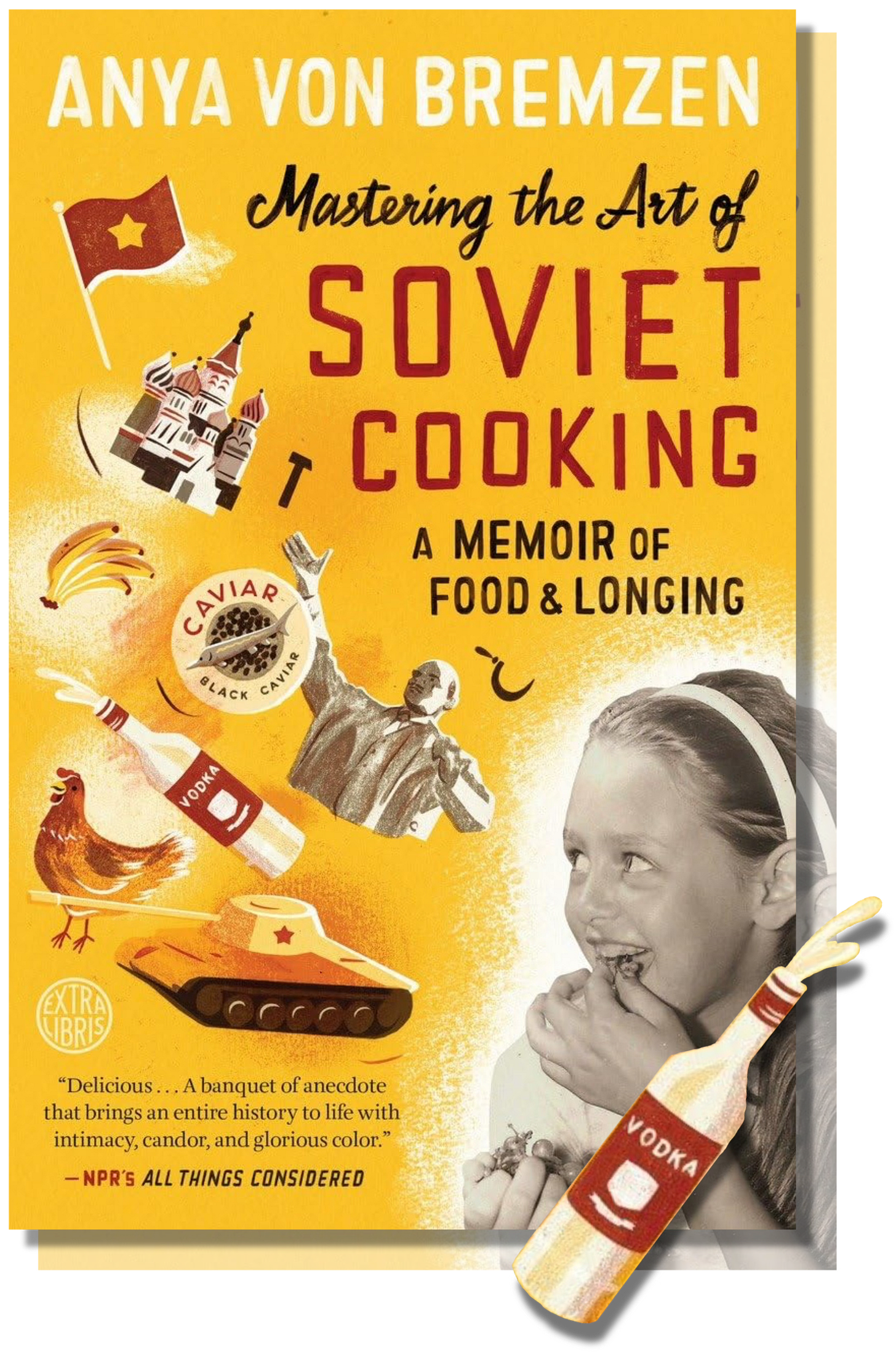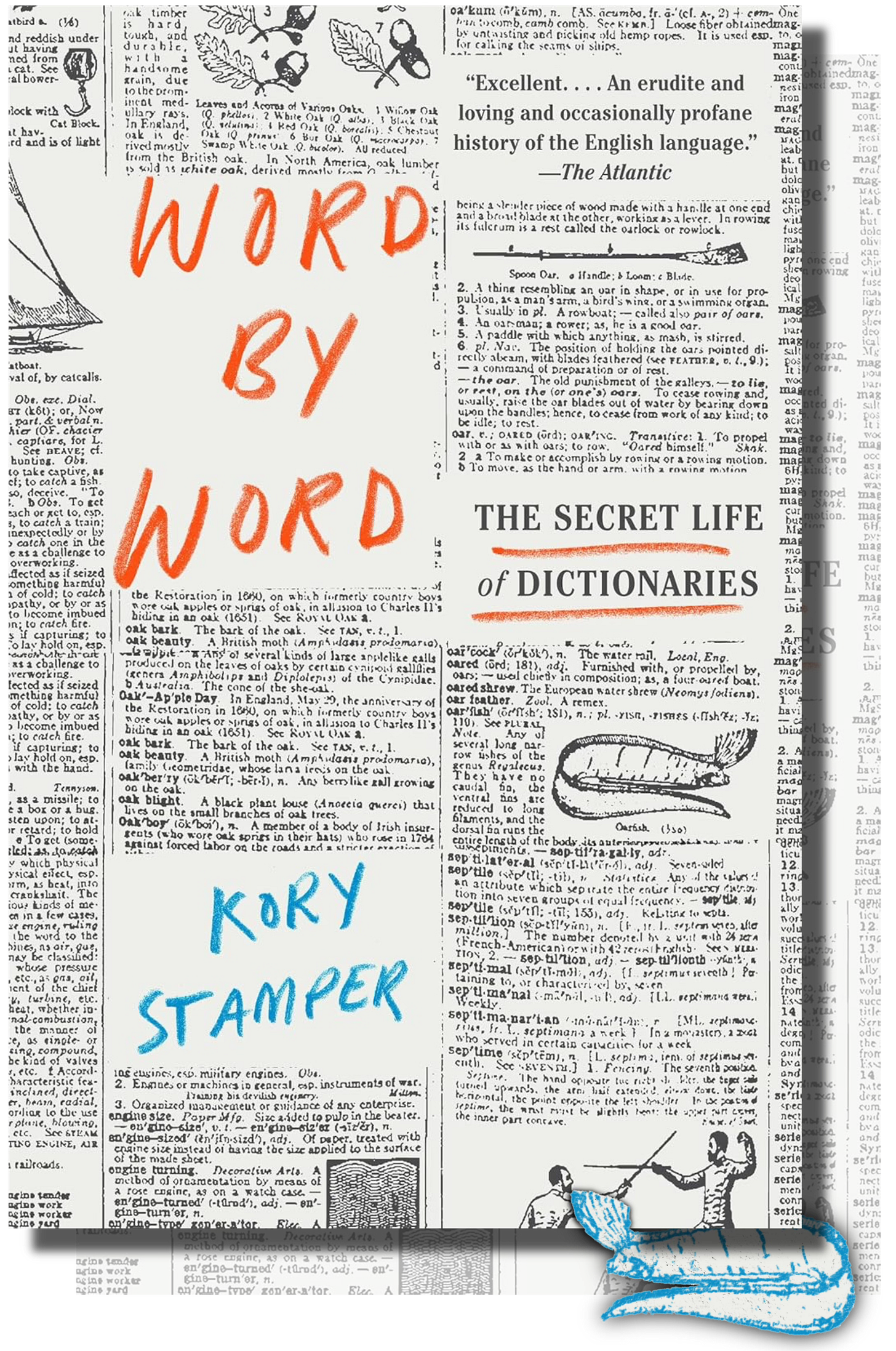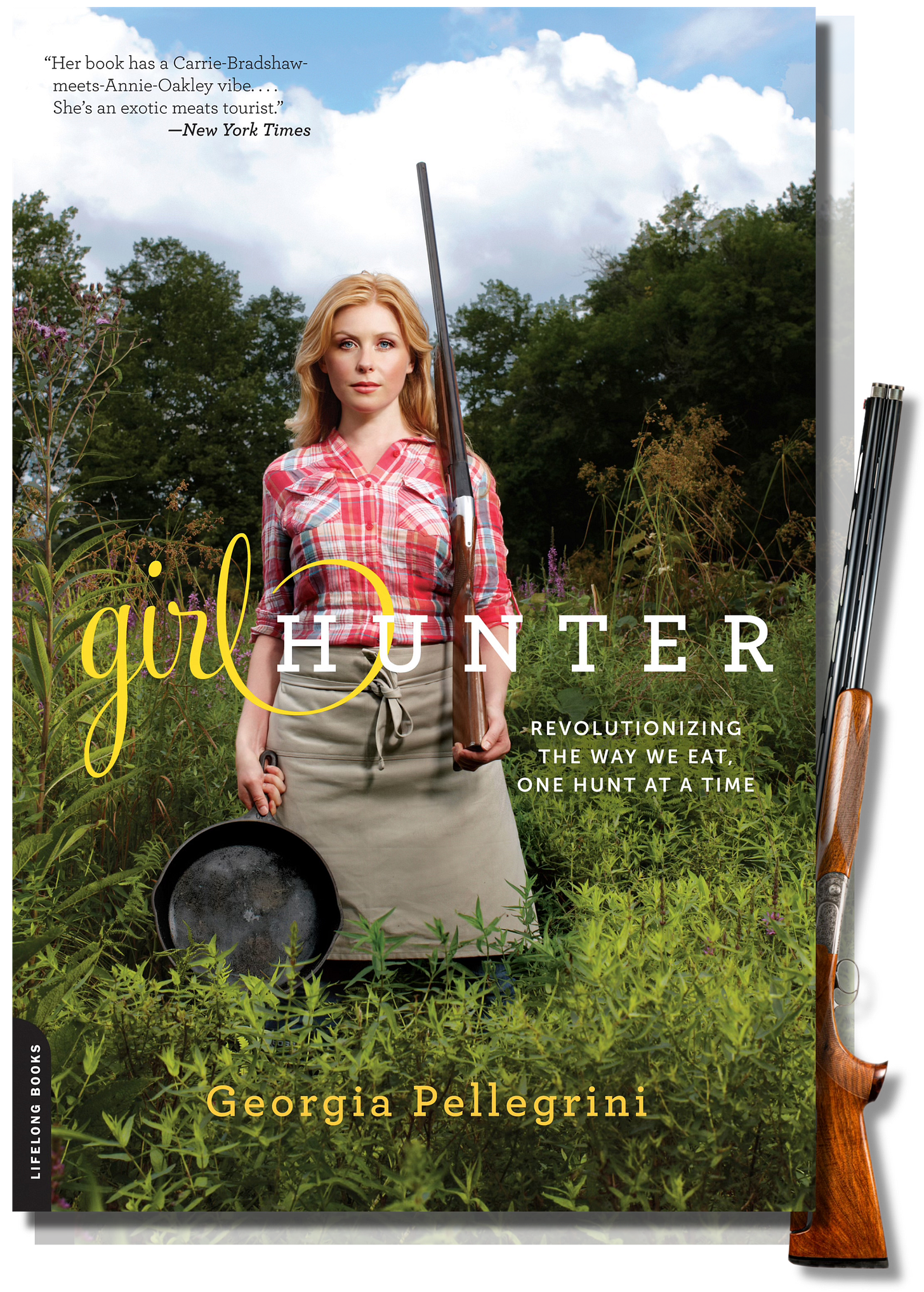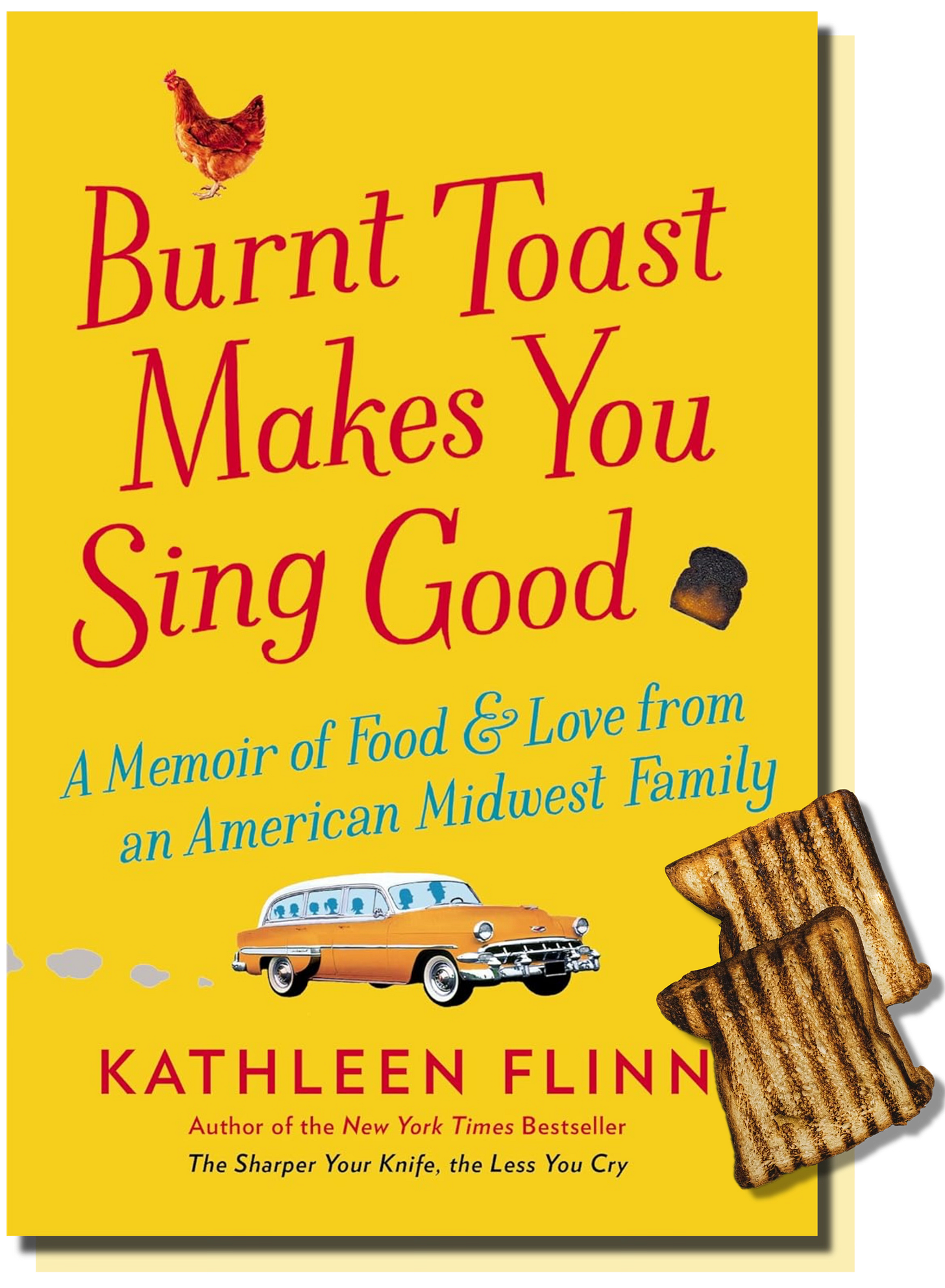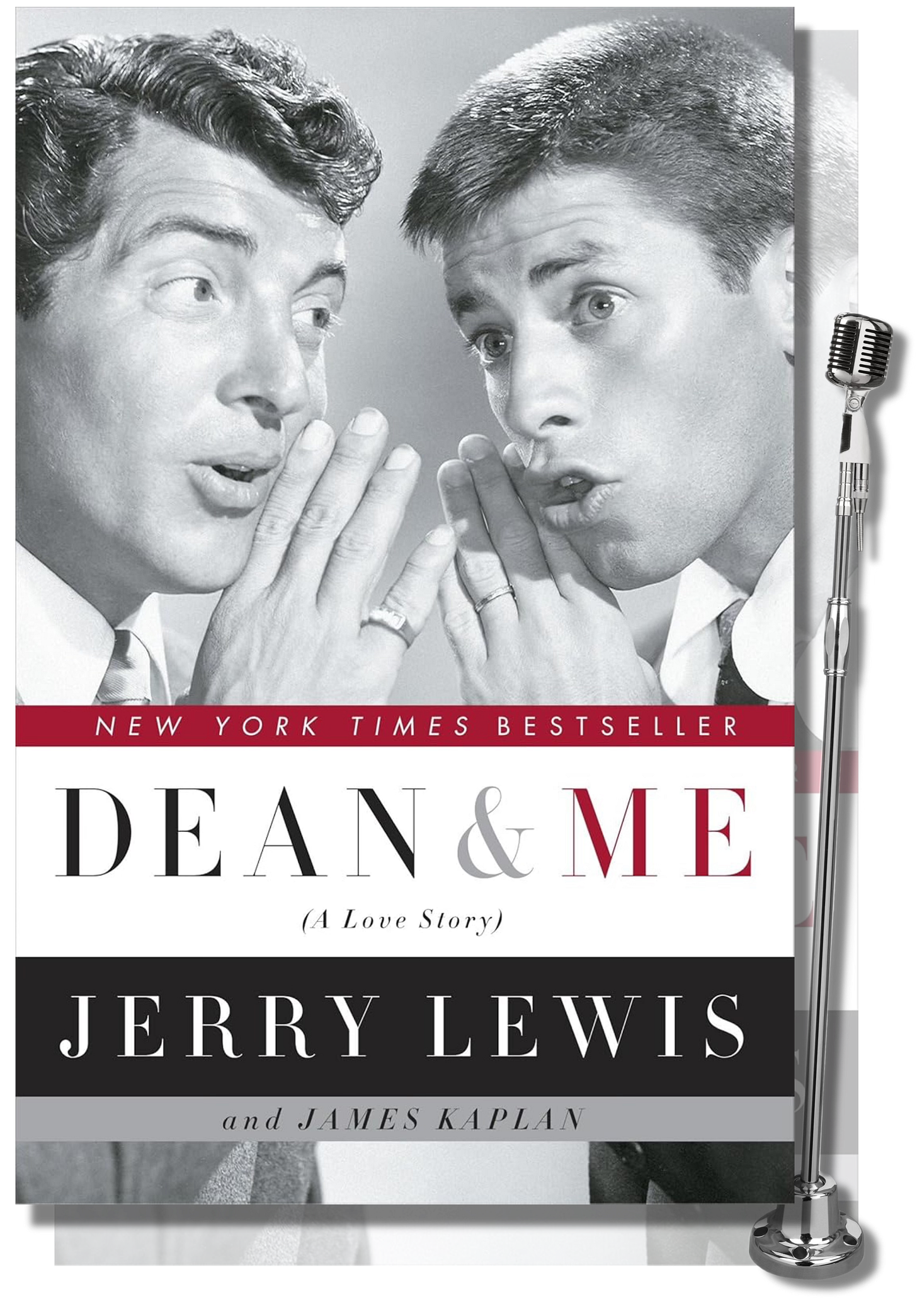I’ve lived a fairly solitary life.
Not bitterly, and not without love. But my life has been shaped by movement. I’ve lived in many places, always arriving somewhere new and wondering if this time I’ll stay long enough to set down roots.
In all that shifting, books became my constants. They grounded me when nothing else was familiar. They’ve shaped how I see the world, how I ask questions, how I understand people. Some became so important, I started buying second copies — just in case I met someone who needed them too.
There’s a shelf upstairs in my home filled with those extras. Hopeful gifts, waiting for the right moment or the right person.
Every book on this list is nonfiction. That wasn’t intentional at first. It just turns out the books I return to most are the ones rooted in real life. These voices help me see familiar things in new ways. They’ve asked different questions than me and they gave language to things I hadn’t yet named. They’re not just informative — they’re personal. That’s what makes them unforgettable.
These are the books I’d hand you without hesitation, if I thought they might help you see something new or brighten your day.
These are my lifelong literary friends.
And maybe, one day, they’ll be yours too.
The Beekeeper’s Lament
by Hannah Nordhaus
I found this book on my old library app — Overdrive, before it got ruined by Libby (I’m not bitter…).
I was doing a lot of driving at that time in my life and would listen to it in the car. It was comforting. It was informative. It introduced me to the struggles of beekeepers and bees alike, as well as the larger issues behind American agriculture. It also made me want to keep my own hive someday. Maybe even have bottles of Forthwith Honey that I can give away with a book.
One of the things I appreciated most was the way it was written. The author is a journalist, not a beekeeper, so she’s came in as an outsider. That made the whole thing feel more welcoming. I wasn’t stepping into a textbook — I was just walking alongside someone else’s adventure.
Life from Scratch
by Sasha Martin
The first time I read this, it passed right by me. I was in a phase of studying food writing more than feeling it and I wasn’t in the right mindset for it yet.
The second time, I was deeper into my nomad years. Still moving from state to state and starting to understand what it meant to feel unrooted. That’s when this one found me in the right headspace.
Sasha used food as her way forward. It was part challenge, part healing. She cooked through recipes from around the world, one country at a time, right from her own tiny kitchen. It wasn’t about impressing anyone. It was about reaching out. About looking for connection. Trying new spices, discovering new stories and finding new ways of thinking. Not to escape her past, but to grow something new on top of it.
This book reminded me that food can be a path, not just to better meals, but to a fuller life. It made me want to find little grocery shops tucked into strip malls. To cook something completely unfamiliar. To invite the unknown to our dinner tables and into our conversations.
Folks, This Ain’t Normal
by Joel Salatin
This book hit me like a brick. I was already on the path (reading my labels, shopping local, starting to care where my food came from) but this one ripped the last nail out of the box I was working to escape.
I found it after reading an article that mentioned Salatin’s name and within a week I’d devoured three more of his books. That’s how strong the grip was. He writes like he speaks; smart, fast and straight to the point. It’s colloquial but deeply informed. You don’t need a background in agriculture to keep up. You just need to have that willingness to question the system. In other words… be quietly rebellious.
Salatin is one of the well known names in regenerative agriculture. He runs Polyface Farm in Virginia, a model of farming that’s focused on transparency. Anyone is welcome to come see how the animals are raised and how the land is stewarded. No gates, no secrets. He’s written over a dozen books, speaks internationally and has even testified before Congress on agricultural reform. He also puts out a regular newsletter that’s worth reading.
This book lays bare what’s wrong with our food infrastructure in really clear language. He doesn’t leave much room for excuses, but he also offers hope and direction in spades.
Regenerative farming isn’t a trend. It’s what organic was meant to be.
Mastering the Art of Soviet Cooking
by Anya von Bremzen
My husband is Russian. So naturally, while looking for recipe books to sate his borscht starved soul, I came upon this.
This is the book. This one right here, I would give to anyone. It’s a perfect piece of art. An honest look into a life most of us can’t imagine. It shares the pride and heartbreak of growing up in the Soviet Union and the conflict that follows when you leave a country you love before you understand why.
It’s part memoir, part cultural history, part love letter. It reads like an epic poem. Food and longing. Country and pride. Family and loss. All of it layered together like a complicated dish, pulled from memory and served with care.
This one will always have my heart.
Word by Word
by Kory Stamper
This one is just fun. It’s a peek into a job most people never think about — working inside the dictionary. And not in theory, either. Kory Stamper worked for Merriam Webster and she takes you into the real day to day world of editing entries, debating deeper meanings and watching our language evolve in real time.
Before reading this, I thought of the dictionary as a fixed thing. THE final authority. But this book corrected that. It explains that a language isn’t fixed, it moves and it grows. The dictionary doesn’t tell the language what it should be, instead, it reflects what it is becoming.
This book softened the frustration I used to feel when “irregular” usage became accepted and printed into the pages of our dictionaries. It reminded me that usage is the language. A sweet reminder that the rules we try to cling to are often just habits — not holy things.
Also… who wouldn’t want to read about someone who works inside a dictionary?
Girl Hunter
by Georgia Pellegrini
If you ever needed the motivation to look your food in the face, look no further, it’s here in this book.
I loved what she had to say about how far removed we’ve become from our food. That we can look at wings on a plate and not register them as life. That disconnection is sad and it’s wrong. If you’re willing to eat it, you should be willing to respect and face where it came from and the sacrifice it gave.
We should all know what it means to take that life. To honor it all the way down to the bones. Meat isn’t just protein wrapped in styrofoam. Vegetables aren’t just something to forget in the fridge. Both are grown and given for our sustenance.
I believe in the life at the end of our forks — from the things grown IN the ground to the things that live ON the ground. This book reminded me why facing that truth matters.
Any book that asks you to look deeper, push against cultural norms, try new things, challenge yourself, grow… I’m there. And this one does all of it.
Burnt Toast Makes You Sing Good
by Kathleen Flinn
This book is America. When I first read it, that’s all I could think. It’s us.
Family history, cultural shifts, dreams and disappointments are all wrapped into this little yellow package tied up with nuggets of Grandma wisdom. Like how burnt toast, apparently, will make you sing good.
Told through the life of Kathleen, her parents and the generations before them, it’s a love story to what travels through families over time. The good, the hard, the hilarious. It’s also a reminder for how fast things can change in this country; in circumstance, in opportunity and in how we feed ourselves and each other.
Kathleen has written multiple books (I’ve read them all and you should too) and her words feel so familiar and comforting. Her stories have an old world enchantment to them. I could rant on and on about how great of a writer she is and how inspiring her story feels… but I’d rather you find out yourself.
Dean & Me
by Jerry Lewis & James Kaplan
I’ve loved Dean and Jerry since I was little. Watching their movies, the Colgate Comedy Hour skits, even finding old radio shows online. Whether it was Dean’s crooning or Jerry’s antics, I’ve loved it all.
When I was hopelessly sad, listening to Jerry Lewis sing always made me smile again. Both of them could sing with their whole hearts, maybe that’s why their humor landed the way it did.
I found Dean and Me when I was young and return to it every few years, happily earning new insights as time passes. For our first anniversary, my husband surprised me with tickets to see Jerry Lewis live in Los Angeles. He was stationed in San Diego at the time so we drove up the highway and got to see a real life Hollywood legend.
Seeing Jerry in person was magic. He talked, he sang and he made us laugh. The hardest part was seeing the theater only half full. He deserved a sold out crowd like he had in the old days. It was all so beautiful, I cried happy tears.
I’ll forever be grateful that I got to see him before he passed. It’s one of my most cherished memories.
This book… it’s not just comedy or history or old Hollywood. It’s heritage. Jerry shares his life like he’s writing to a friend. It’s a front row seat to a story that shaped American entertainment told by someone who never forgot the weight of it.
One Last Thing…
I’ve made this little printable for people who might want to join the Compulsive Book Giving Club.
It’s called The Giving Shelves, a small nod to The Giving Tree.
Use it to keep track of what you’ve shared and where it went.
Download the PDF below. (And yes, you may have to wrestle with your printer’s settings if it’s as curmudgeonly as mine.)


